Qubit Pharmaceuticals and Pasqal join forces in drug research
Quantum Leap: Qubit Pharmaceuticals and Pasqal Collaborate on Cutting-Edge Drug Research

The start-ups Pasqal, which develops quantum processors, and Qubit Pharmaceuticals, at the origin of a software suite for computer-assisted drug design, announced that they were winners of “Quantum for Bio”. They are supported by Unitary Fund, a non-governmental organization (NGO) which promotes quantum technologies for the benefit of all.
Launched in spring 2023 by Wellcome Leap, an offshoot of the Wellcome Trust, this “Quantum for Bio” program aims to accelerate the use of quantum computing in the field of health by developing concrete applications of the arrival of quantum computers over a 3 to 5 year horizon.
The two companies constitute the only French consortium selected as part of this global call for projects, to which NASA as well as the universities of Harvard and Cambridge also responded. As such, they will receive $4.5 million out of a total envelope of $40 million distributed among the 12 winners. With this budget, they aim to design a quantum algorithm that will accelerate the discovery of drugs and to implement it on Pasqal's neutral atom quantum computer. In pharmacy, there are drugs to model and targets, that is, a protein in the body that needs to be taken care of. Around the protein, there is a lot of water,", explained Jean-Philip Piquemal, co-founder and chief science officer of Qubit Pharmaceuticals, to L'Usine Digitale . The use of quantum computing makes it possible to accelerate the discovery of promising molecules and therefore reduce their cost. Indeed, it makes it possible to “ very quickly model the places where the water is lodged.
Pasqal and Qubit Pharmaceuticals have already formed a partnership around drug discovery, within the framework of a French project only. They developed an algorithm that ran on a processor developed by Pasqal. The study is currently being reviewed for publication in a scientific journal. The goal now is to scale up. “ We have demonstrated its operation on a few dozen Qubits and we will now demonstrate it on thousands of Qubits in 2025 ,” said Jean-Philip Piquemal.
Loïc Henriet, technical director of Pasqal, details the contribution of the technology developed by his company as part of this project: "the specificity of our processors is to work with a certain type of Qubit, individual atoms trapped by lasers ". This technology allows " to increase the number of Qubits relatively easily " to reach 1000 Qubits " in the short term " and “ potentially increase to 10,000 ”, a threshold above which it will be necessary to “ think about interconnection strategies between different cores ”.
The project is planned to last 30 months with three phases. The first started in September 2023 and aims to develop an algorithm aimed at predicting the reactivity of proteins in the presence of an aqueous environment. This phase will be followed by tests and by implementation on Pasqal computers in 2025.
Published on : 06th October, 2023
BIO-TECH
-
Venture Center receives ATF 2025 Honour for supporting assistive technology innovations 24th November, 2025
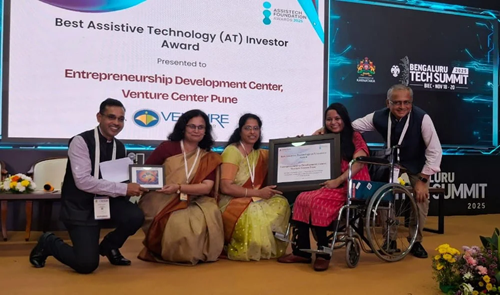
-
Vaidam Health and Vanuatu's Ministry of Health ink MoU to strengthen cross-border healthcare access 20th November, 2025

-
Whale Tank Biocatalysts hosts Startup-Investor Meet WT 3.0 in Hyderabad 17th November, 2025
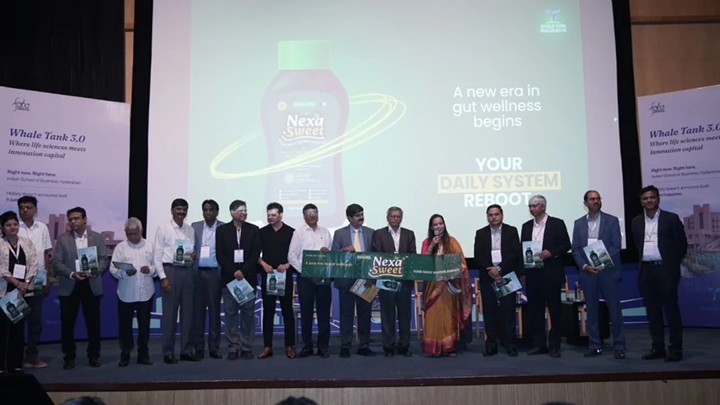
-
BTS 2025 to host India’s largest entrepreneurship platform “Future Makers Conclave” on Nov 20 06th November, 2025
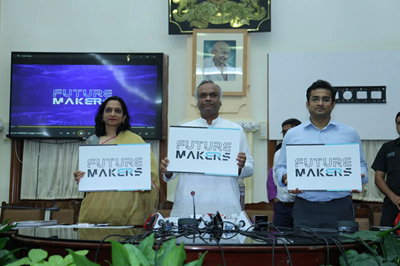
-
Bessemer Venture Partners leads Rs 125 Cr Series A funding in fertility startup Pluro 04th November, 2025
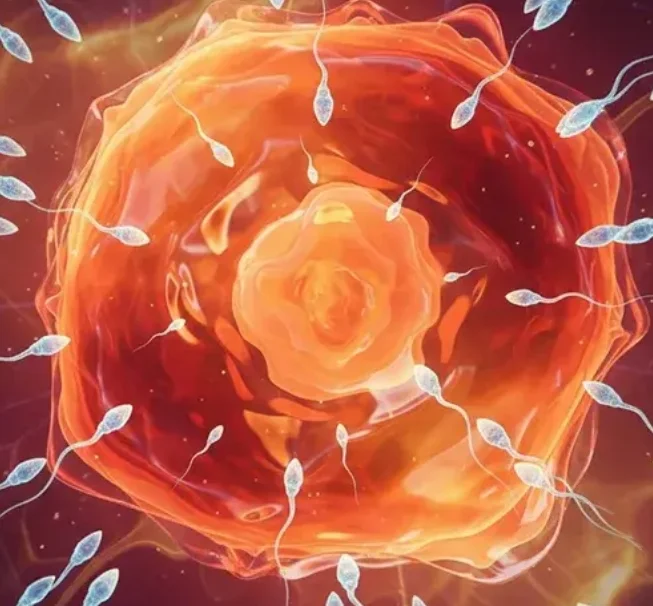
-
dhaRti BioNEST Incubation Centre opens at Indian Institute of Technology (IIT) Dharwad 15th October, 2025
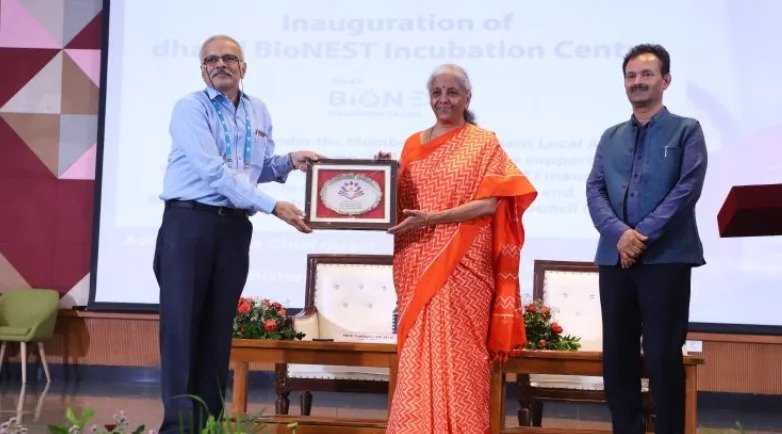
-
Bartronics India makes strategic investment of up to Rs 50 Cr in Huwel Life Sciences 30th September, 2025





